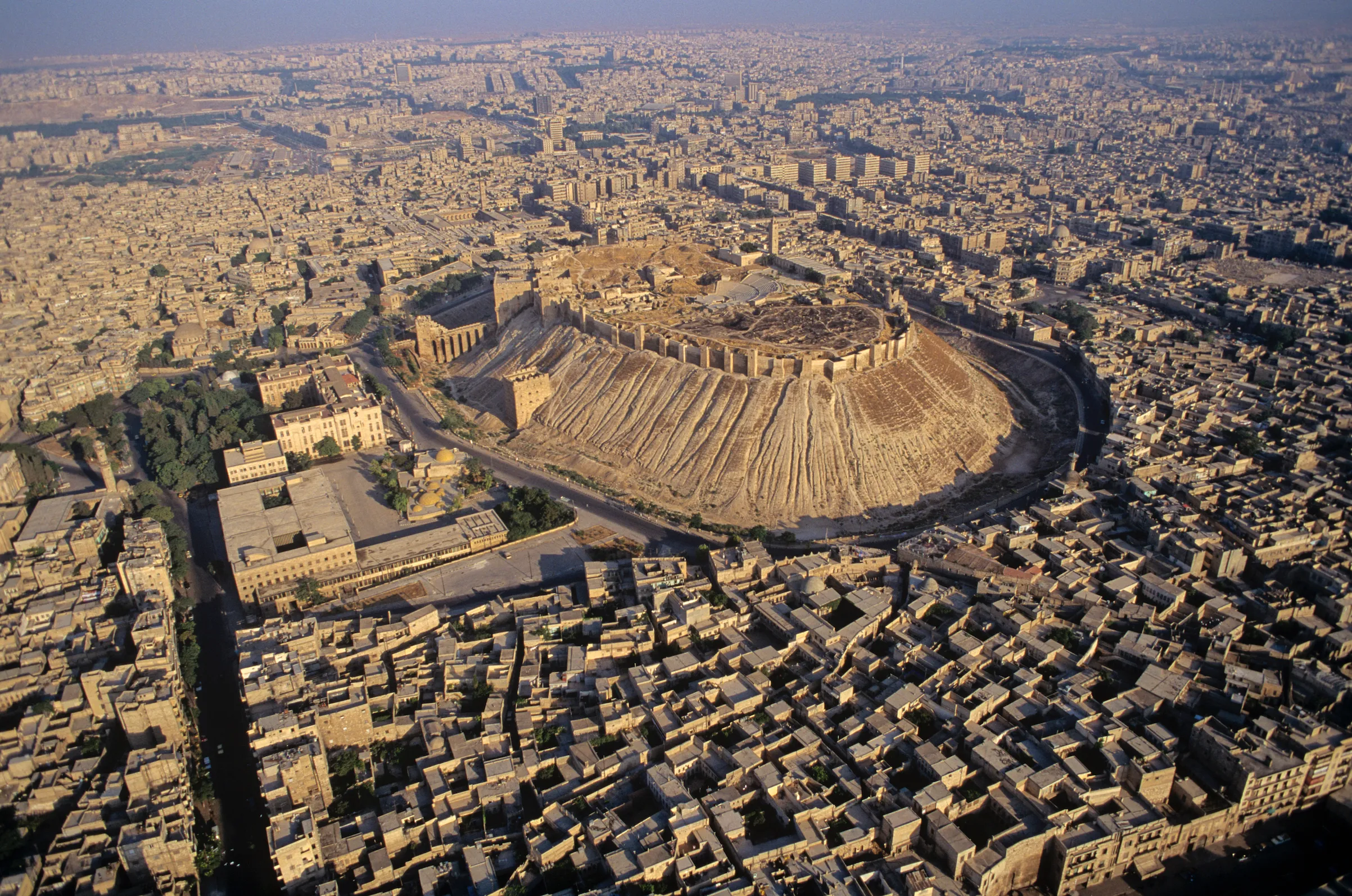Exploring the Complex Relationship Between Human Behavior and Conflict in the Middle East
Introduction
The Middle East, often referred to as the cradle of civilization, has a rich history that spans millennia. It is a region where ancient cultures, traditions, and religions have flourished, but it is also a region marked by a complex and tumultuous history of conflict. In this article, we will delve into the intricate relationship between human behavior and conflict in the Middle East, seeking to understand the factors that have shaped the region’s history and continue to impact its present.
Understanding Human Behavior in the Middle East
The Influence of Culture and Tradition
The Middle East is a tapestry of diverse cultures and traditions, each with its unique norms and values. Understanding the impact of these cultural factors on human behavior is essential in comprehending the region’s conflict dynamics.
The Role of Religion
Religion plays a significant role in the Middle East, with Islam, Christianity, and Judaism being major influences. We will explore how religious beliefs and practices have shaped the behavior of individuals and communities in the region.

Socioeconomic Factors (H1)
Socioeconomic disparities often contribute to conflict. We will examine how economic inequality, access to resources, and employment opportunities have influenced human behavior and contributed to tensions in the Middle East.
Political Power and Governance (H1)
The concentration of political power and governance structures in the Middle East has had a profound impact on how individuals and groups behave. We will discuss the influence of autocratic regimes and the quest for political change.
The Root Causes of Conflict (H1)
Historical Conflicts and Grudges (H2)
Many conflicts in the Middle East have deep historical roots. Understanding the historical grievances and disputes is crucial in comprehending contemporary conflicts.
Territorial Disputes (H3)
Territorial disputes have been a persistent source of tension in the region. We will explore how these disputes affect human behavior and contribute to conflict.
Resource Scarcity (H2)
Scarce resources, such as water and arable land, have been a trigger for conflicts. We will analyze how resource scarcity influences human behavior and drives conflicts.
External Influences (H2)
The Middle East has often been a battleground for competing external interests. We will discuss how international actors have influenced human behavior and conflicts in the region.
The Impact of Conflict on Human Behavior (H1)
Trauma and Displacement (H2)
Conflict often leads to trauma and displacement. We will examine the psychological and social impact of conflict on individuals and communities.
Radicalization and Extremism (H2)
Conflict can also fuel radicalization and extremism. We will discuss how these phenomena emerge and their consequences on human behavior.
Strategies for Conflict Resolution (H1)
Diplomacy and Mediation (H2)
Diplomacy and mediation efforts are essential for resolving conflicts in the Middle East. We will explore successful examples and their impact on human behavior.
Grassroots Initiatives (H2)
Community-led initiatives can play a vital role in conflict resolution. We will highlight the significance of grassroots efforts in promoting peace and changing behavior.
Conclusion
The relationship between human behavior and conflict in the Middle East is multifaceted and deeply intertwined with cultural, socioeconomic, and political factors. By understanding these dynamics, we can work towards promoting peace and stability in the region.
FAQs
- What are the main cultural factors influencing human behavior in the Middle East?
Cultural factors include traditions, religious beliefs, and social norms that shape behavior.
- How have external influences impacted conflicts in the Middle East?
External influences from international actors have often exacerbated conflicts in the region.
- Are there successful examples of grassroots initiatives promoting peace in the Middle East?
Yes, grassroots initiatives have played a significant role in peacebuilding efforts in the Middle East.
- How does trauma from conflict affect individuals and communities in the region?
Conflict-related trauma can have long-lasting psychological and social impacts on individuals and communities.



